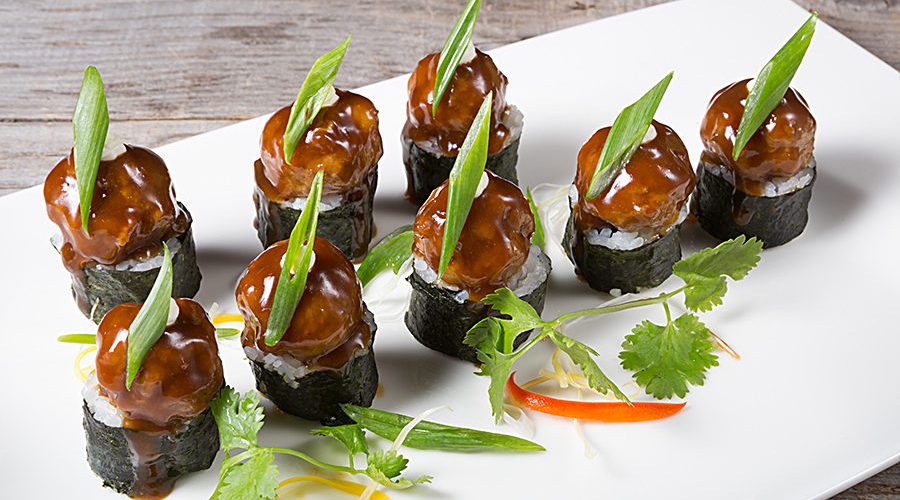Cuisine in the modern world is a vibrant tapestry of flavors, techniques, and cultural influences that reflect the dynamic nature of our globalized society. As our culinary horizons expand, traditional recipes and culinary heritage coexist with innovative cooking methods, fusion cuisine, and a growing emphasis on health and sustainability. In this blog, we’ll explore how cuisine in the modern world has evolved, the factors driving these changes, and the exciting culinary trends that shape our dining experiences today.
The Globalization of Palates
One of the most significant shifts in modern cuisine is the globalization of our palates. With increased travel, international trade, and access to diverse ingredients, people around the world are exposed to a broader range of flavors and cuisines than ever before. This global exchange of culinary ideas has given rise to a rich fusion of tastes and styles, making it possible to enjoy sushi in Paris, tacos in Tokyo, or Indian curry in New York City.
The Influence of Technology
The digital age has had a profound impact on how we experience cuisine. The rise of food delivery apps, online recipe communities, and cooking tutorials on platforms like YouTube and Instagram have empowered home cooks to explore cuisines from different cultures and experiment with novel ingredients and techniques. Moreover, technology has enabled restaurants to innovate in terms of food preparation, delivery methods, and customer engagement.
Health and Sustainability
In the modern world, there’s a growing awareness of the impact of our food choices on personal health and the environment. As a result, there’s a shift towards more conscious and sustainable eating. This has given rise to trends such as farm-to-table dining, plant-based and vegetarian cuisine, and an increased emphasis on organic and locally sourced ingredients. Chefs and consumers alike are increasingly concerned about the provenance and ecological footprint of the food they consume.
Innovation and Fusion Cuisine
Modern cuisine is marked by its willingness to break traditional culinary boundaries. Chefs are constantly experimenting with fusion cuisine, blending ingredients, techniques, and flavors from different culinary traditions. The result? Exciting creations like sushi burritos, Korean barbecue tacos, and Mediterranean-inspired pizza.
Culinary Diversity
As our world becomes more interconnected, cuisines that were once considered exotic or niche have become mainstream. Thai, Indian, Mexican, and Middle Eastern dishes are now readily available in many parts of the world, offering a delicious tapestry of global flavors to explore. This culinary diversity has also led to a deeper appreciation of food as a means of cultural expression and celebration.
The Future of Cuisine
Looking ahead, cuisine in the modern world is likely to continue evolving. Sustainability will become an even more prominent concern, with a focus on reducing food waste, adopting more plant-based diets, and promoting ethical sourcing of ingredients. Technology will continue to play a role, with advancements in food science, kitchen automation, and interactive dining experiences.

